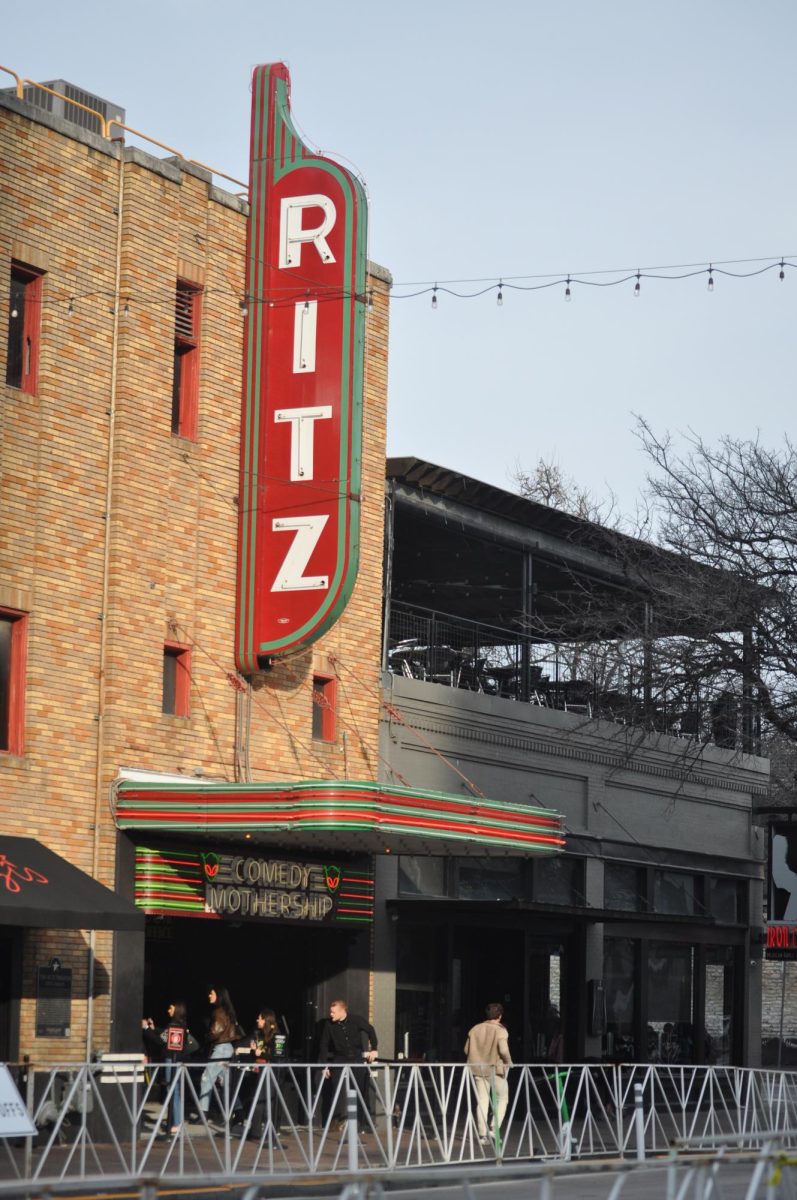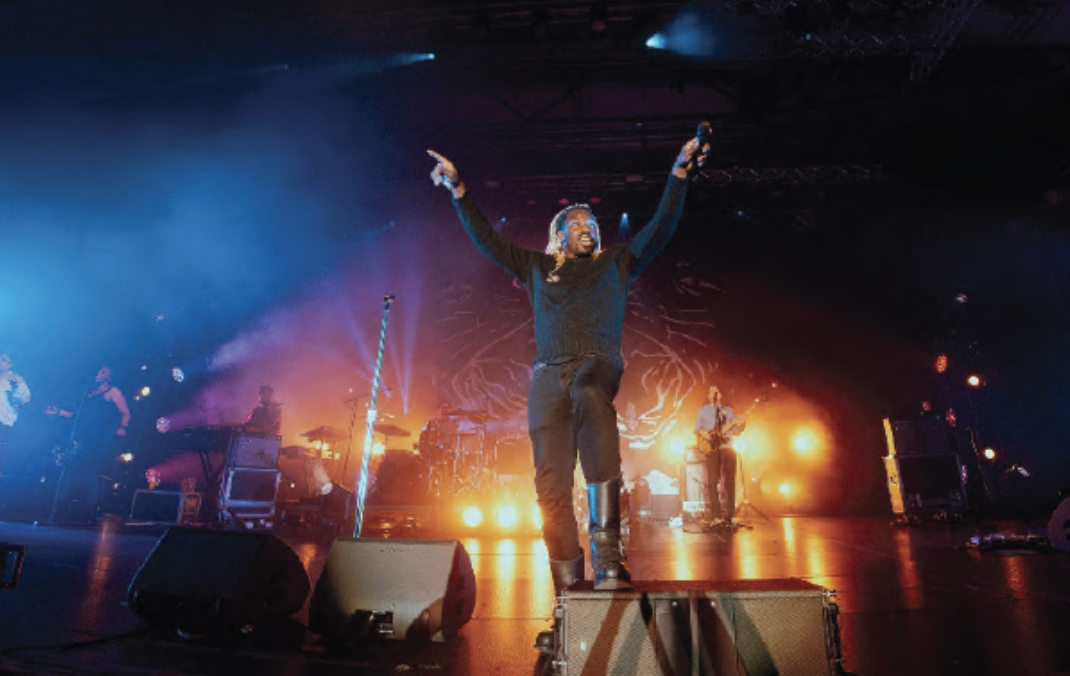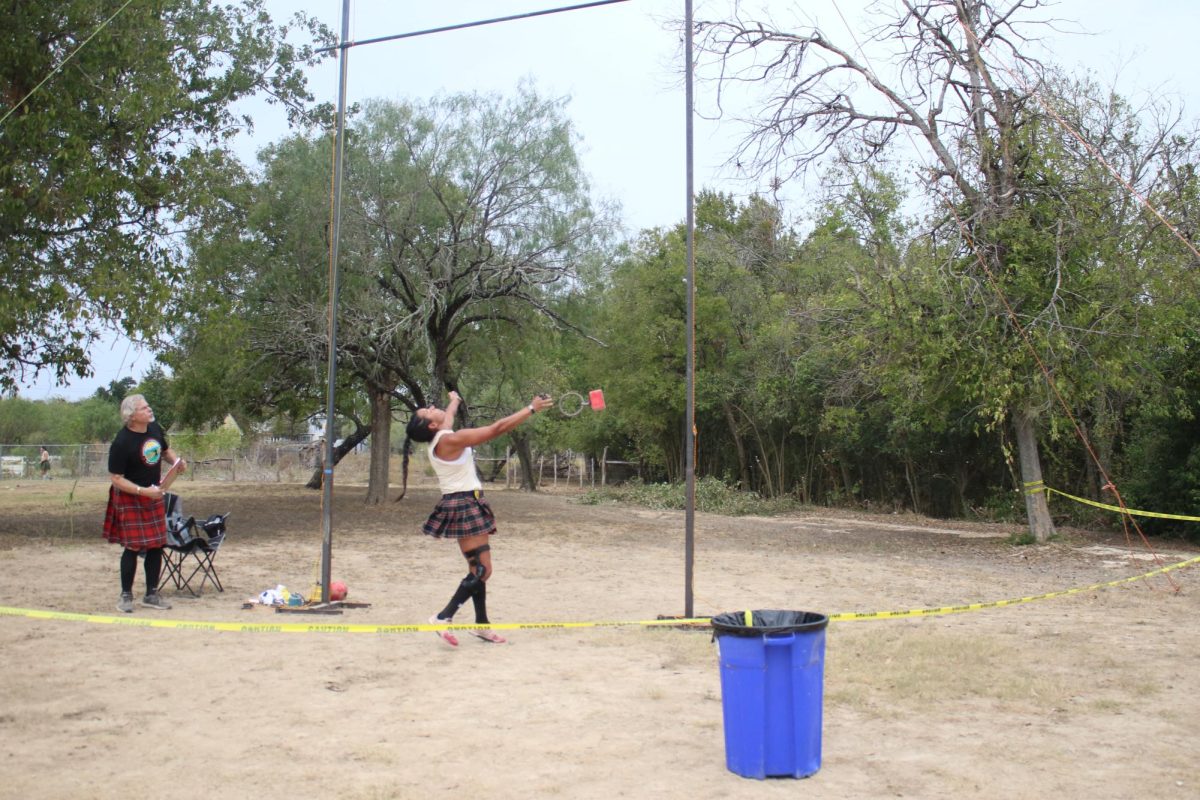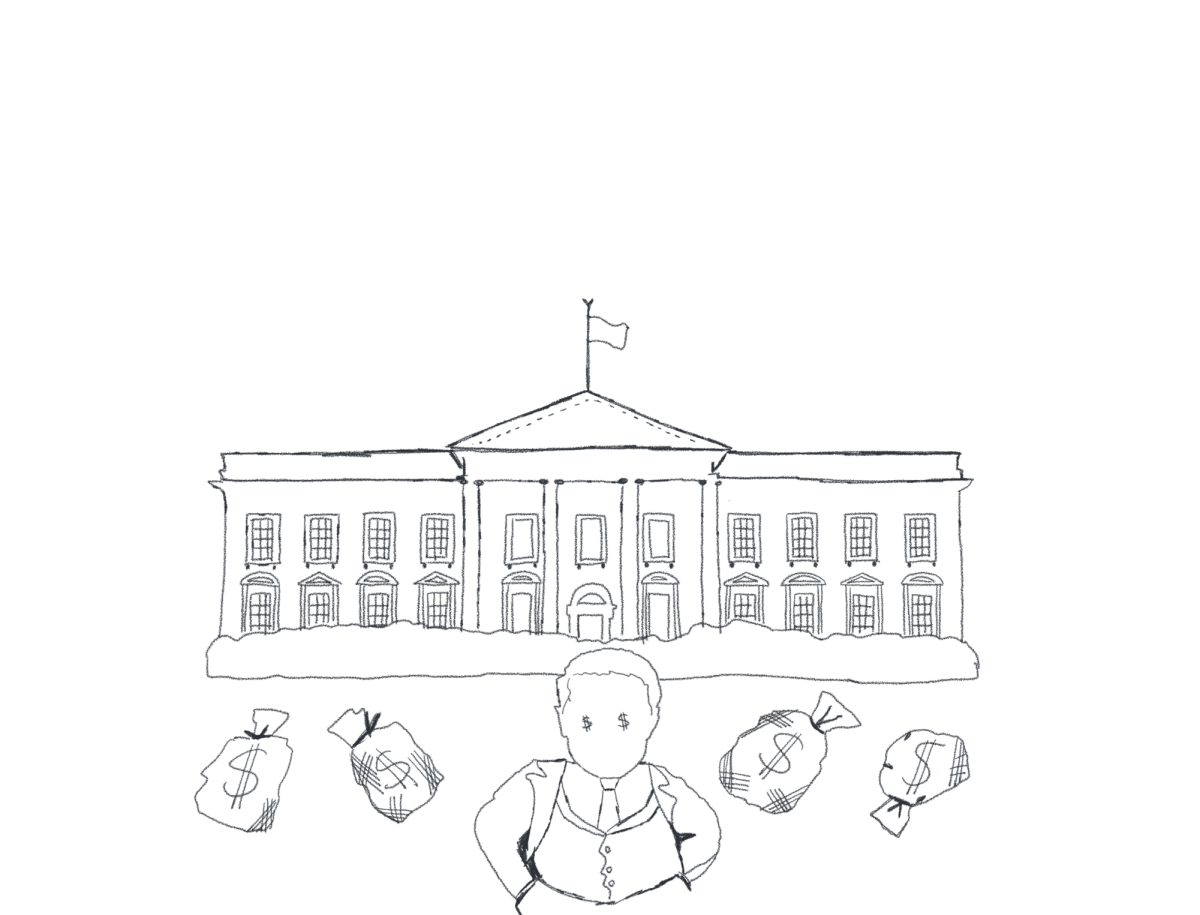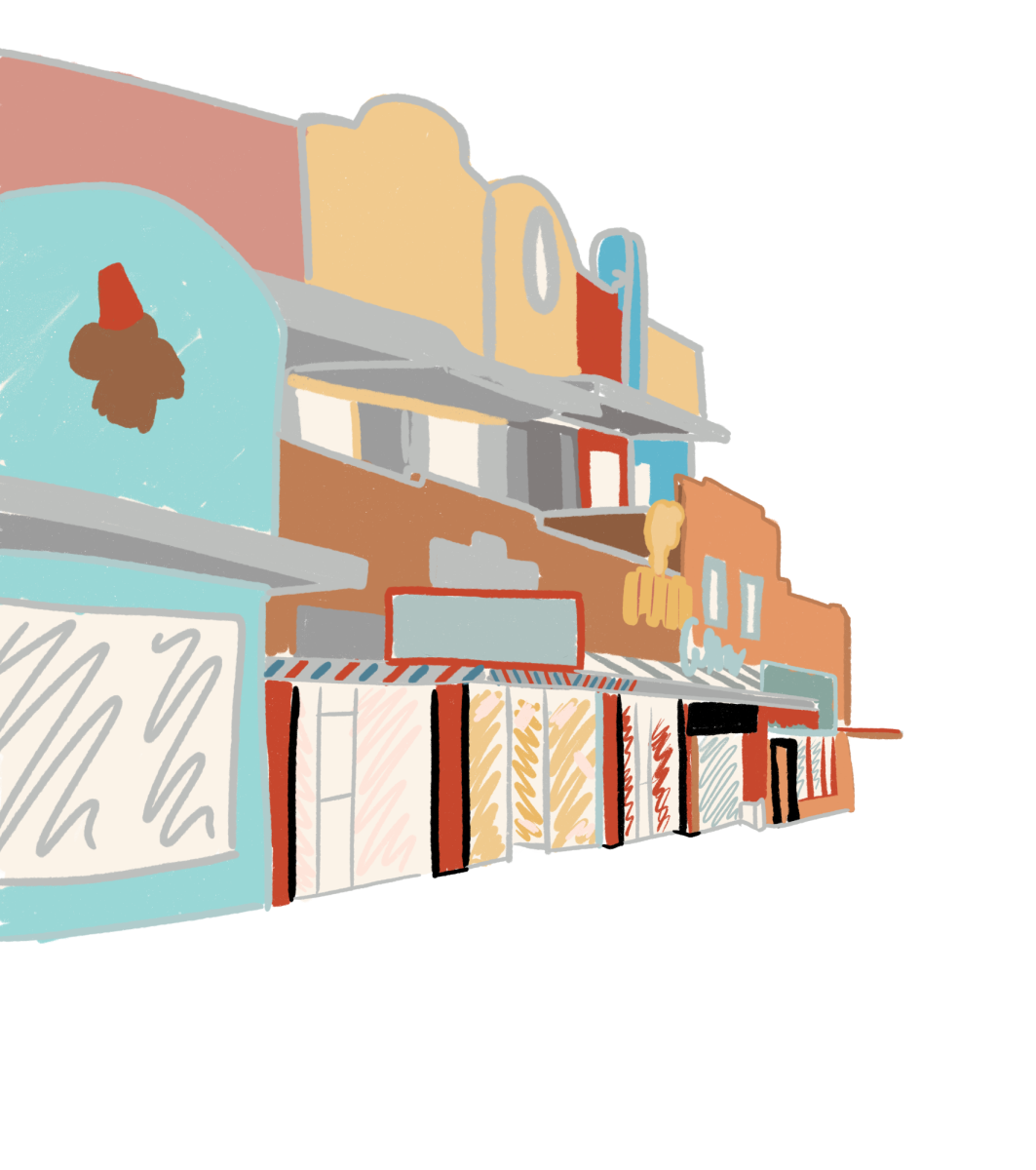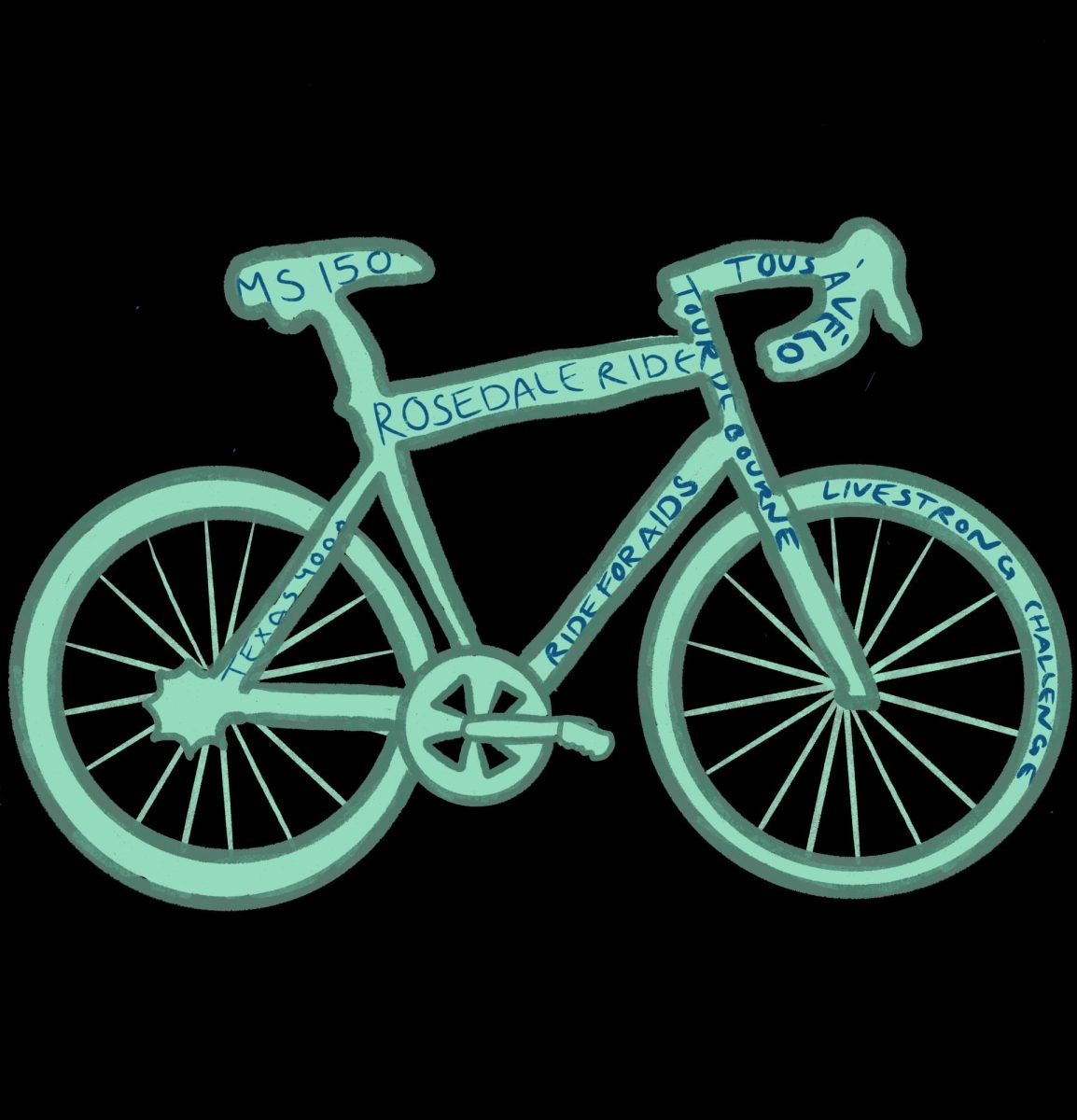As the holiday season arrives in Austin, so does one of the city’s most cherished events: the annual Trail of Lights at Zilker Park. Celebrating its 60th year, the Trail of Lights has long served as an Austin tradition, drawing people of all ages and backgrounds together to enjoy a shared holiday experience. With new attractions and treasured traditions this year, the Trail of Lights aims to offer Austin an unforgettable celebration.
Nicholas Miller, president of the Trail of Lights Foundation Board, reflected on what the event represents for Austin. He mentioned that his favorite part of the event mainly comes down to being able to be a part of something that puts a smile on people’s faces and brings a sense of unity to the Austin community.
“The community aspect of it, I think, is kind of the most important part,” Miller said. “Everybody can kind of come together at a certain time of year and enjoy the kind of holiday spirit as a community, despite differences in religion, politics, whatever.”
Special festivities such as a ‘60s-themed Preview Party will mark the 60th year of the event. The party will have food from local Austin restaurants and live performances from Greyhounds, Money Chicha, and Collin Shook.
“We’re gonna have some drone shows at the grand opening, and a couple of other nights,” Miller said. “But that’ll be a new kind of a new aspect to the trail as well.”
James Russell, executive director of the Trail of Lights Foundation, elaborated on some of the new additions at the Trail in 2024. He emphasized the importance of making this year special and historic due to the anniversary.
“What we’ve done is we’ve spent six to eight months with the Austin History Center and speaking with folks that have been involved with the Trail of Lights long ago,” Russell said. “Interviewing them and kind of building a story of how it started, the evolution of it, and now where we are today.”
This year’s event will feature screens around the park, displaying the recorded interviews that provide insights into how the Trail of Lights has become a memorable Austin tradition. Russell, along with many people that work on the Trail of Lights team, are excited for this experience to be shown to the public.
“I think it’ll be a really kind of cool experience,” Russell said. “I think for people like me, that as a kid, we’re going through the Trail of Lights, and now, as an adult, I get to be responsible for it.”
While the milestone is significant, Miller clarified that it is not considered the 60th anniversary, rather it is the 60th year that the event has been hosted as it was canceled in 2010 and 2011 due to city budget cuts. The event then returned in 2012 with the help of business sponsorships and private donations. Russell expanded on the importance of sponsorships and local businesses to the Trail of Lights.
“They provide the funds for us to have this event, and a lot of local businesses also provide volunteers,” Russell said. “It’s a good look for them and they get recognized for their contribution, whether it’s a monetary contribution or a volunteer contribution. Frankly, we could not do this event without that.”
These partnerships keep the event accessible and affordable, providing free admission nights for thousands of attendees, and with the help of vendors, many of whom are small businesses, enhance the festive experience. Alex Cook, a representative of Happy Chicks, shared that this is the restaurant’s second year as a vendor at the Trail of Lights.
“The goal is just getting close to the community,” Cook said. “We always like to get involved with family events and stuff, and we try to be very family-oriented, so it’s an event that we enjoy doing every year, for sure.”
Cook appreciates the festival’s support of small businesses instead of larger chain businesses. She reflected on how the Trail of Lights highlights the city’s vibrant local economy and community spirit through its endorsement of small businesses.
“I think it’s a good thing when you know, big events like that choose to have more small businesses and local businesses,” Cook said. “I think that really shows what Austin is.”
For Russell, one of the highlights of each year is watching families return to the Trail, often with multiple generations in tow. He mentioned that this adds to the surreality of going to the Trail and eventually being a part of its production.
“Getting to see people, families, come through—grandma, dad, kid—and hearing grandma talk about when she was a kid and used to come to the Trail of Lights,” Russell said. “The whole spectrum of, you know, childhood, adulthood, and now grandparents getting to experience it and getting to hear people talk about it as they go through is really one of my favorite parts.”
To increase accessibility, the Trail of Lights Foundation hosts the STARS Program, which provides private viewing nights specifically for individuals with disabilities. The foundation partners with organizations such as the Down Syndrome Association, the Autism Association, and nearby assisted living homes to ensure that the Trail of Lights is accessible.
“It’s our belief that the Trail of Lights is for everybody in Austin,” Russell said. “It’s really the opportunity we have to serve those that cannot come just during those 14 nights, and that’s really special to me.”
For Miller, the aspect of the Trail that he looks forward to seeing most each year is the unity it brings to its attendees. He enjoys seeing people happy, smiling, and together in a crowd enjoying the event.
“It provides an avenue for folks to come out in a centralized location and hopefully add some togetherness,” Miller said. “I think it’s unfortunate that people seem a lot more divided these days, but the fact that we could still gather together to celebrate just being in the holiday season.”
According to Miller, the importance of the Trail of Lights is to be a space for all, regardless of their beliefs. He explained the importance of the non-judgemental atmosphere that the Trail offers.
“[To] have a place that’s devoid of all politics and considerations of race and gender and those kinds of things,” Miller said. “I like that it’s all that aside and it seems like people of any background can have a good time. Everybody just wants to go out and have a good time with their kids or family or whoever it might be, and being able to be a part of that, and seeing the smiles on everybody’s faces while we’re out there, is definitely one of my favorite parts.”



